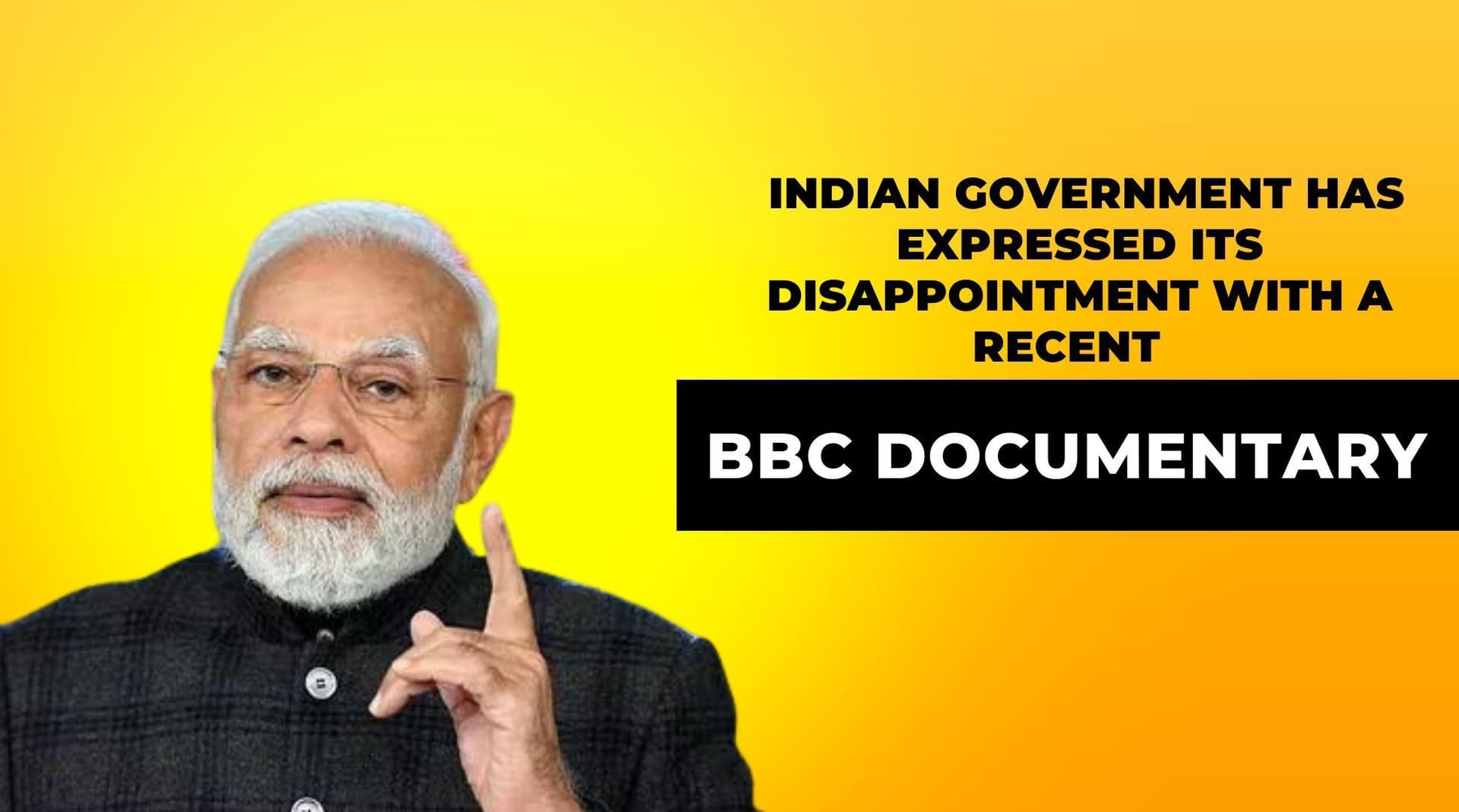
India Govt Disappointed With Recent Bbc Documentary
The Indian government has criticized a recent BBC documentary focusing on Prime Minister Narendra Modi and his alleged role in the 2002 Gujarat riots. The documentary, "India: The Modi Question," is a two-part series aired in the United Kingdom on Tuesday. The second episode will be aired next Tuesday.
In response to the documentary, Foreign Ministry spokesman Arindam Bagchi stated that the documentary lacks objectivity and is nothing more than propaganda. The BBC has stated that they offered the Indian government a right to reply, but they declined.
The Gujarat riots of 2002 were a series of violent incidents that occurred following the burning of a train carrying Hindu pilgrims, which resulted in the deaths of numerous people. Over 1,000 people, mostly Muslims, lost their lives during the outbreak of violence.
The documentary delves into Modi's early political career and his rise through the ranks of the Bharatiya Janata Party (BJP) to his appointment as chief minister of the western state of Gujarat.
One of the significant points of focus in the documentary is a previously unpublished report obtained by the BBC from the British Foreign Office. This report raises questions about Modi's actions during the riots and claims that he was "directly responsible" for the "climate of impunity" that enabled the violence.
Modi has long denied any responsibility for the violence and has never apologized for the riots. In 2013, a panel from the Supreme Court stated that there was a lack of sufficient evidence to bring charges against him.
The Indian government has now questioned the BBC's motives for airing the documentary and accused them of pushing a "particular discredited narrative" with a "colonial mindset."
The British government has also been asked about the documentary, with Prime Minister Rishi Sunak stating that he disagrees with the characterization of Modi in the report.
Appreciate the creator